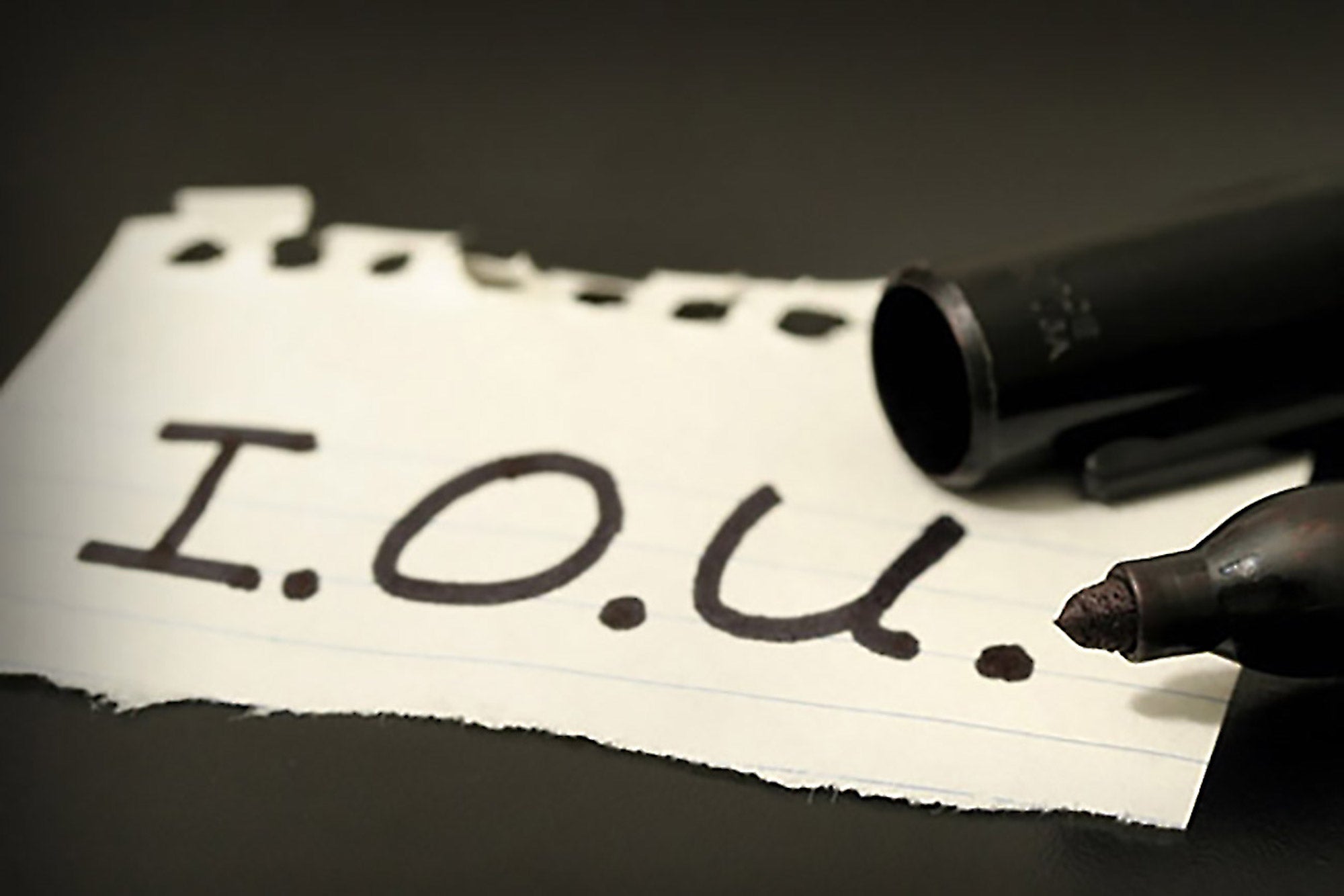10 Questions to Ask Before Applying for a Bank Loan Here are some of the key issues to consider before starting your application.
By Lisa Girard
Our biggest sale — Get unlimited access to Entrepreneur.com at an unbeatable price. Use code SAVE50 at checkout.*
Claim Offer*Offer only available to new subscribers
Opinions expressed by Entrepreneur contributors are their own.

Most small-business owners need a bank loan at one time or another, and applying for one involves much more than filling out paperwork and saying a prayer. Among other things, you need to consider the state of your personal and business finances, how you're going to repay the loan, and how much money you actually need.
Here are some of the key questions you should ask before starting an application:
Is it likely I will qualify for the loan?
You're only going to hurt your credit if you apply for a loan you won't get. "Just like if you get declined for a personal credit card, it makes it more difficult to borrow in the future," says David Gass, a business consultant and coach in Meridian, Idaho. "If you get turned down, it looks to the next bank like you're a bad risk." He suggests asking lending institutions about their specific requirements before applying. Many will let you know the minimum credit score they require, the cash flow you need to show, and other qualifying factors.
How much do I really need?
Before you approach the bank, make sure you have a good handle on how much cash you actually need. The best way to determine this is to create a monthly cash-flow projection. Does your customer pay you in 60 days, but you have to pay your vendors in 15 days? If so, you might need extra money to tide you over. "It will reflect poorly on you if you come in to the bank asking for $50,000, then they ask you to create a cash-flow projection and you find out that you actually need $100,000," says Adam Hoeksema, co-founder of Muncie, Ind.-based ProjectionHub, a Web app to help entrepreneurs make financial projections. "You should know how much you need and how you will use the funds before approaching the bank."
How much can I borrow based on the asset I'm using for collateral?
Business owners often think if they purchase a piece of equipment for $100,000, they should be able to borrow $100,000 by pledging the equipment as collateral. But banks usually don't agree, Hoeksema says. "Banks will value your asset below what you think the value should be, and then they will only lend up to a certain percentage of the value of the asset." For example, banks might lend up to 70 percent of the value of a new piece of equipment, and maybe only 60 percent for a used piece of equipment.
Do I have adequate cash flow to repay the loan?
Your banker will probably ask you to provide financial projections for the business. Make sure to include your debt repayment plan in those projections. Bankers are going to be looking for businesses that have some wiggle room, and you may need to show available cash flow that is three times greater than your debt payment requirements, Hoeksema says. "They don't want to see if you lose one customer, you won't be able to make your loan payment this month. If your projections show that you have very little room for error, you are likely to scare them away."
Will the money help my business grow?
If you're borrowing $10,000 for payroll or other routine operating expenses, you're not generating more revenue from the loan and could find yourself in the same spot three to six months from now. Instead, you should put borrowed dollars into the parts of the business that will generate more revenue over time and help reduce future borrowing needs, Gass says. "If I take that dollar and leverage it, put it into sales and marketing and drive more revenues -- $1 driving $5 -- then it's worth it. It's all about growing the business."
How good is my business credit score?
Most people know their personal credit score, but very few know their business score, says Rohit Arora, CEO and co-founder of Biz2credit, a New York-based company that arranges loans for small businesses. As with personal credit, you can find your business credit score through Experian, Transunion or Equifax. If the score isn't as high as you think it should be, it might be because there are outstanding liens against your business. Also, check to make sure your vendors are reporting your payments. You can try to boost your score by reducing the balance on your business credit cards or requesting a credit-line increase to lower the percentage of your available credit in use. "The lender is going to check your business, and your score is the final arbiter of whether you get the loan or not," Arora says. "Even if you have stellar personal credit and good assets, if a lot of business contacts are saying you're paying them late, that's going to scare off lenders."
Are my personal finances in order?
Bankers may want to look at your "global financial statement," including personal information like outstanding student loans, personal credit card debt and mortgage payments. Until your business reaches a substantial size ($5 million to $10 million in annual revenue or more), the bank is going to rely heavily on your personal financial statement and personal credit score to determine the creditworthiness of your business. "If you have a $200,000 mortgage on a house worth $250,000, and you have $200,000 in student loans, the bank may not see you as a good candidate for a loan," Hoeksema says. "If you have a lot of personal debt and very little collateral that you can provide to the bank, you may need to find a strong co-signer."
Do I have all the documentation I need to apply for the loan?
Arora says some studies have shown that as many as four in five loans never close -- "not because the business didn't qualify, but because of the paper chase." When applying for a business loan, you will need a lot of documentation. For example if you're seeking a Small Business Administration loan, Arora recommends you provide the last three years of business and personal tax returns, personal financial statements and financial projections for the next 12 to 24 months. "If you go to the [lender] and are not fully prepared, not only does it make you look unprofessional, but by the time you get the documentation in place, it might be outdated," he says.
Does the loan have a prepayment penalty?
When you take out a loan, find out if you're free to pay it off early without any penalty. Some states allow lenders to charge prepayment penalties, in which case you should try to negotiate a compromise. For example, you could agree to a penalty only if you pay off the loan in a relatively short period of time, say, within six months from the time of the loan. "Prepayment is especially valuable if you believe your business may grow soon, and you may need a larger line of credit," says Jeanne Brutman, a New York-based financial planner for small-business owners. "By having good excess cash and a paid-off or [paid-down] line of credit, it shows the lender you are responsible with debt and can handle an increase in your total credit."
If I die, how will the loan be repaid?
It's something most people don't like to think about, but in the event of your death, an unpaid business loan can affect your family. "Most people think, if I die, the bank is out of luck, but that's not true," Brutman says. If you leave a large life insurance policy, for example, the bank may come after that. Find out what a lender's policy is in the event of your death to best determine how to protect your family. "Most business owners understand that if they're collateralizing their house and the business fails, they could lose their house," Brutman says. "But they may not understand that if they die, it doesn't cancel out their debts." It may be best to put your assets in your spouse's name, if the spouse doesn't have an ownership stake in the business. Brutman also recommends personal property and casualty insurance coverage, which in the event of your death, takes business debt into consideration.











